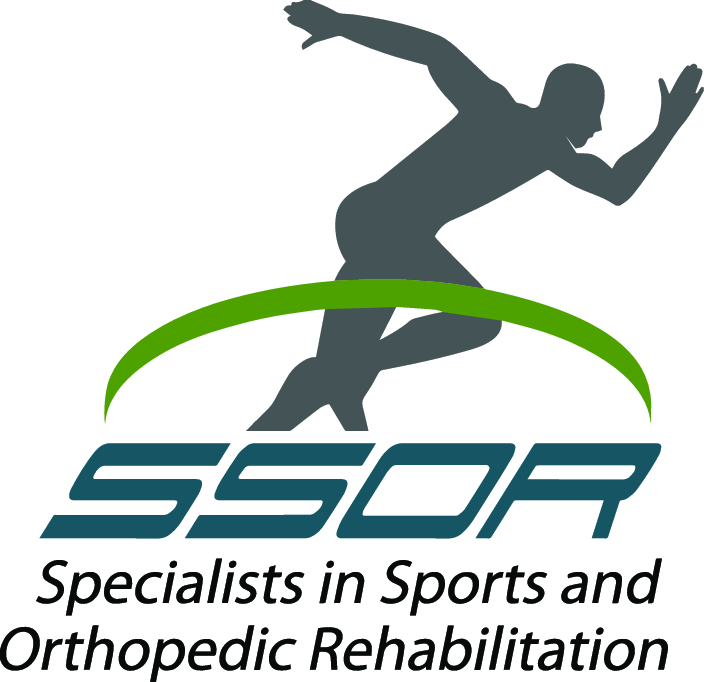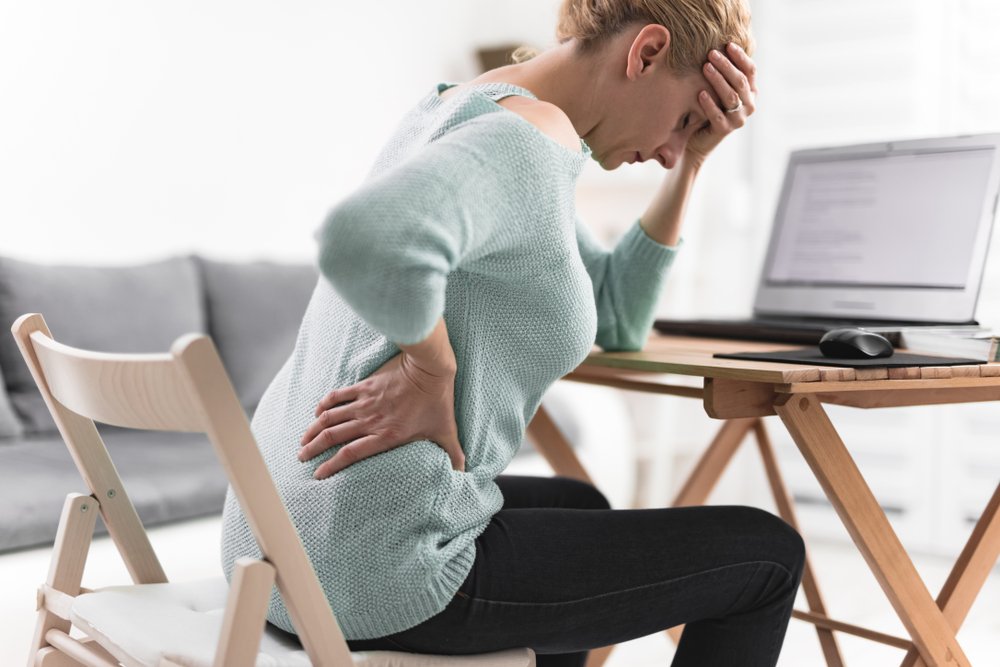Do you feel acute hip pain whenever you sit down? Experiencing this kind of pain can be frustrating, especially if you spend a lot of time sitting. People who work in an office or in other workplaces where sitting is common may find it difficult to get their job done because of their pain. Hip pain can be more than an inconvenience — there are often deeper underlying causes that lead to this symptom. The causes of hip pain when sitting can include poor habits, injuries and chronic health conditions. Understanding these causes can be crucial for finding relief and preventing future discomfort.
5 common causes of hip pain when sitting
- Poor posture — Maintaining good musculoskeletal health can help prevent pain throughout the body. When your muscles, tendons and bones are in good shape, they are less likely to hurt. Want to improve your condition? Improving your posture can be a great start. When you slouch or sit with improper alignment, it can put extra stress on your hip joints. Over time, this stress can lead to painful symptoms. To alleviate hip pain when sitting, you can improve your posture through ergonomic solutions. These are tools and techniques designed to improve the way you move through the world. If you work in an office setting, an ergonomic chair or desk can have a major impact. Ergonomic techniques can be applied at home too. By improving your posture, you can reduce your pain by keeping your body properly aligned.
- Bursitis — Are you experiencing a sharp pain that extends from your hip to your thigh? You might have hip bursitis. Bursitis is a condition where the small sacs that cushion your joints become inflamed. Hip pain from bursitis can feel more intense when sitting, lying down and squatting. Fortunately, there are ways to address bursitis and bring you lasting relief. Physical therapy can offer several treatment techniques for the condition. One technique that is often applied is called manual therapy. This is where a physical therapist applies hands-on methods designed to treat your pain and boost recovery. With the help of physical therapy, you can reduce your hip pain when sitting.
- Hip flexor strain — The hip flexors are a group of muscles in the hip region. These muscles play a vital role in bending your hips and knees. When these muscles are strained, it can lead to hip pain when sitting. Muscle strain has a few common causes. Overuse, sudden movements and prolonged sitting can all potentially cause hip flexor strain. A physical therapist can address this pain with gentle stretches. Exercises that work out the flexors can also help by strengthening your hips.
- Sciatica — Sciatica is a kind of nerve pain felt mainly in the lower back and hips. The hip pain caused by sciatica might be especially noticeable when you are sitting. Sciatica occurs when the sciatic nerve is irritated or compressed. This nerve runs from the base of the spine down into the legs. As the longest nerve in the body, the sciatic nerve can cause widespread pain when compressed. Your hip pain might be accompanied by discomfort from the lower back to the lower legs. If you are experiencing sciatica, physical therapy can offer significant relief.
- Hip labral tear — Sudden injuries can lead to continual hip pain. One kind of injury that can cause hip pain when sitting is a hip labral tear. This occurs when the hip labrum, a ring of cartilage covering the hip joint socket, is torn. The hip labrum is important for maintaining stability in the hips. When it is torn, it can cause pain whenever you sit or move the hip. Surgery may be necessary in some cases, but in many situations physical therapy can offer a noninvasive alternative. If you have an operation for your tear, utilizing post-surgical rehab can help ensure a complete recovery.
SSOR can help address your hip pain when sitting
Experiencing hip pain when sitting can be uncomfortable and concerning. The good news is that you can experience relief with the help of physical therapy. At Specialists in Sports and Orthopedic Rehabilitation, our expert team is ready to guide you through treatment. We offer a range of treatment options to accommodate your specific hip health needs. Prioritizing your hip health is essential for overall well-being. Practicing good posture and integrating regular stretches into your routine can be a good start, and physical therapy can help you continue to optimize your recovery with an array of effective tools and strategies.
Contact us today for more information about hip pain causes or to schedule an initial appointment.

